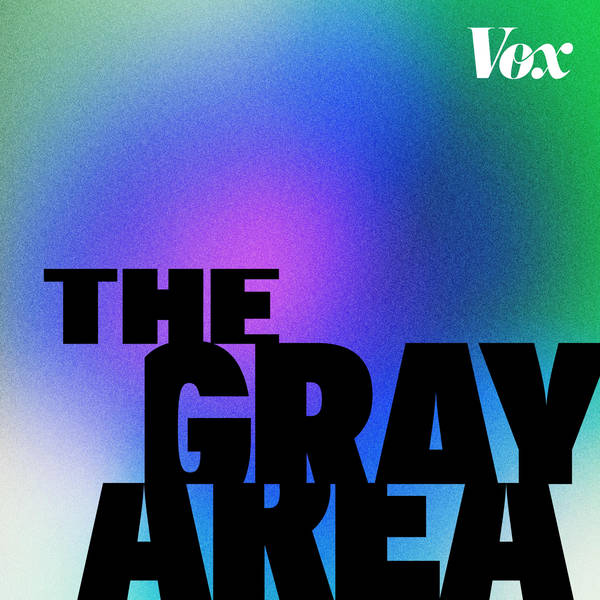
What social solidarity demands of us in a pandemic
There is no doubt that social distancing is the best way to slow the spread of the coronavirus. But the efficacy of social distancing (or really any other public health measure) relies on something much deeper and harder to measure: social solidarity.
“Solidarity,” writes Eric Klinenberg, “motivates us to promote public health, not just our own personal security. It keeps us from hoarding medicine, toughing out a cold in the workplace or sending a sick child to school. It compels us to let a ship of stranded people dock in our safe harbors, to knock on our older neighbor’s door.”
Klinenberg, a sociologist by trade, is the director of the Institute for Public Knowledge at New York University. His first book, Heat Wave, found that social connection was, at times, literally the difference between life and death during Chicago's 1995 heat wave. Since then, he’s spent his career studying trends in American social life, from the rise of adults living alone to the importance of “social infrastructure” in holding together our civic bonds.
This conversation is about what happens when a country mired in a mythos of individualism collides with a pandemic that demands social solidarity and collective sacrifice. It’s about preventing an epidemic of loneliness and social isolation from overwhelming the most vulnerable among us. We discuss the underlying social trends that predated coronavirus, what kind of leadership it takes to actually bring people together, the irony of asking young people and essential workers to sacrifice for the rest of us, whether there’s an opportunity to build a different kind of society in the aftermath of Covid-19, and much more.
References
Going Solo: The Extraordinary Rise and Surprising Appeal of Living Alone by Eric Klinenberg
Palaces for the People: How Social Infrastructure Can Help Fight Inequality, Polarization, and the Decline of Civic Life by Eric Klinenberg
“We Need Social Solidarity, Not Just Social Distancing” by Eric Klinenberg
“Marriage has become a trophy” by Andrew Cherlin
Book recommendations:
Infections and Inequalities by Paul Farmer
Strangers in Their Own Land by Arlie Hochschild
A Paradise Built in Hell by Rebecca Solnit
The Division of Labor in Society by Emile Dukheim
Confused about coronavirus? Here’s a list of the articles, papers, and podcasts we’ve found most useful.
New to the show? Want to check out Ezra’s favorite episodes? Check out the Ezra Klein Show beginner’s guide (http://bit.ly/EKSbeginhere)
Credits:
Producer/Editor - Jeff Geld
Researcher - Roge Karma
Learn more about your ad choices. Visit podcastchoices.com/adchoices